The leadership role of the Communist Party of Vietnam has been proven in practice with great successes in the struggle for independence as well as in building Vietnam's international reputation.
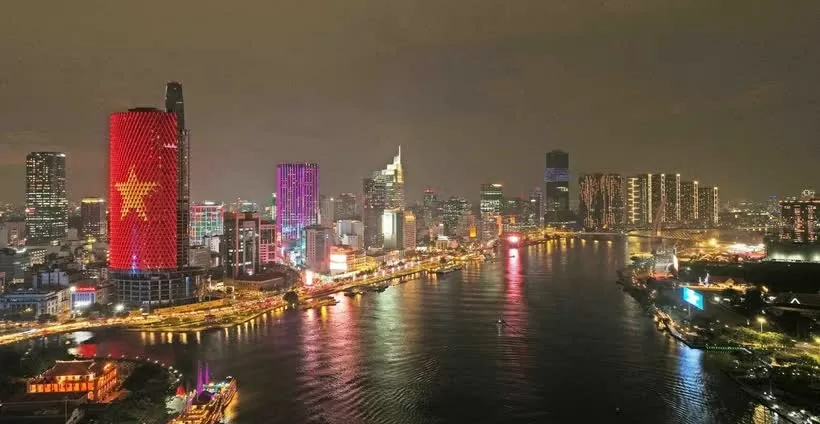 |
| The Communist Party of Vietnam has led the country through many different economic models. (Source: VNA) |
In Vietnam's Renovation process, the Communist Party of Vietnam plays a very important role and is an inevitable part of the country's history.
This is the opinion of Mr. Veeramalla Anjaiah, senior researcher of the Center for Southeast Asian Studies (CSEAS) based in Indonesia, in an interview with reporters in Jakarta on the occasion of the 95th anniversary of the founding of the Communist Party of Vietnam (February 3, 1930 - February 3, 2025).
Looking back at Vietnam's development process, researcher Veeramalla Anjaiah pointed out that the Communist Party of Vietnam has led the country through many different economic models, transforming from a centrally planned economy to a market economy while maintaining a socialist orientation, carrying out the renovation process in 1986.
Over time, this model has proven to be appropriate to the country’s context, conditions, potential in terms of resources, people and other factors, according to Mr. Veeramalla Anjaiah. This transformation has promoted significant economic growth and development, lifting millions of people out of poverty.
However, continuing to carry out the current renovation process and in the further development process, the Communist Party of Vietnam continues to face challenges such as corruption.
When affirming that the role of the Communist Party of Vietnam in the country's renovation is very positive and constructive, this researcher reiterated the recent statement of the General Secretary of the Communist Party of Argentina Victor Gorodeki Kot that: "The leadership role of the Communist Party of Vietnam has been proven in practice with great successes in the struggle for national independence, building and defending the Fatherland, as well as in building Vietnam's international prestige."
Assessing the fight against corruption under the leadership of the Communist Party of Vietnam as well as the country's development, Mr. Anjaiah said that the anti-corruption campaign under the leadership of the late General Secretary Nguyen Phu Trong was implemented vigorously.
This researcher affirmed that this is an effort of the Party to strengthen people's trust in the government and the Party's leadership.
Currently, Vietnam is actively participating in common issues of the international community, including preventing and combating corruption.
Mr. Anjaiah believes that this will contribute to strengthening political trust and intertwining interests with partners. Therefore, Vietnam always focuses on promoting negotiations and signing agreements on mutual legal assistance and cooperation agreements in the fight against crime with other countries; closely coordinating with countries and international organizations on judicial assistance to handle corrupt criminals.
In fact, the fight against corruption and negative manifestations has contributed to affirming the strictness of the law as well as the effectiveness and efficiency of state management in Vietnam.
Under the leadership of General Secretary To Lam, the anti-corruption campaign is continuing along with the major goals of the Communist Party of Vietnam focusing on the country's economic development.
The Communist Party of Vietnam has now determined that the country is standing on the threshold of a new era - "the era of national rise."
Mr. Anjaiah said that this “new era” represents a historical period marked by great achievements in political, social and cultural progress over many decades. It is a period driven by strong determination and confidence to overcome challenges and pursue great aspirations.
Looking back at the 13th National Party Congress, which set a strategic goal for Vietnam to become a developing country with modern industry and high average income by 2030 and a developed country with high income by 2045, Indonesian researchers said that the period from 2021-2045 marks a transitional era for the country, based on a century of revolutionary struggle and national development since 1975.
According to him, the growth target of at least 10% per year for the next 20 years to realize the ambition of becoming a high-income country by 2045 is based on the country's achievements and potential, and Vietnam can achieve this goal.
The researcher explained that the focuses that General Secretary To Lam raised focused on basic and very practical issues to achieve the goals, including prioritizing investment in completing strategic and key national infrastructure systems, such as road projects, high-speed railways, seaports, airports, energy infrastructure and climate change adaptation initiatives.
In addition, the General Secretary also emphasized the importance of perfecting mechanisms and policies for developing electricity and renewable energy, especially hydrogen and nuclear energy. These are all areas that are in line with the world's development trends and what a country needs to aim for in its development path.
Source


![[Photo] General Secretary To Lam receives French Ambassador to Vietnam Olivier Brochet](https://vstatic.vietnam.vn/vietnam/resource/IMAGE/2025/4/17/49224f0f12e84b66a73b17eb251f7278)
![[Photo] Closing of the 4th Summit of the Partnership for Green Growth and the Global Goals](https://vstatic.vietnam.vn/vietnam/resource/IMAGE/2025/4/17/c0a0df9852c84e58be0a8b939189c85a)
![[Photo] National Assembly Chairman Tran Thanh Man meets with outstanding workers in the oil and gas industry](https://vstatic.vietnam.vn/vietnam/resource/IMAGE/2025/4/17/1d0de4026b75434ab34279624db7ee4a)
![[Photo] Nhan Dan Newspaper announces the project "Love Vietnam so much"](https://vstatic.vietnam.vn/vietnam/resource/IMAGE/2025/4/17/362f882012d3432783fc92fab1b3e980)
![[Photo] Welcoming ceremony for Chinese Defense Minister and delegation for friendship exchange](https://vstatic.vietnam.vn/vietnam/resource/IMAGE/2025/4/17/fadd533046594e5cacbb28de4c4d5655)
![[Photo] Promoting friendship, solidarity and cooperation between the armies and people of the two countries](https://vstatic.vietnam.vn/vietnam/resource/IMAGE/2025/4/17/0c4d087864f14092aed77252590b6bae)


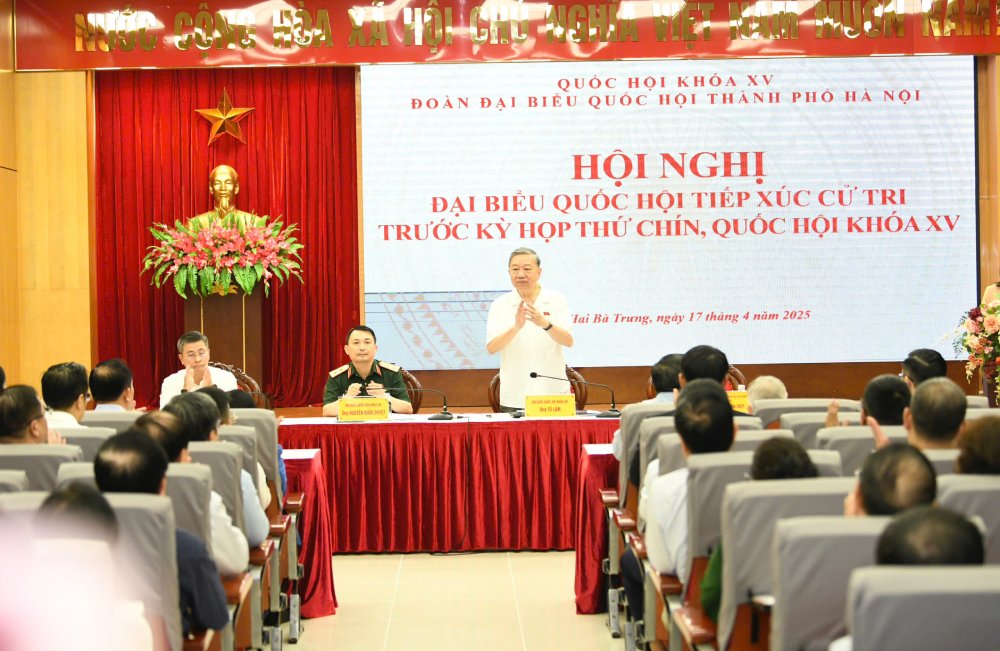

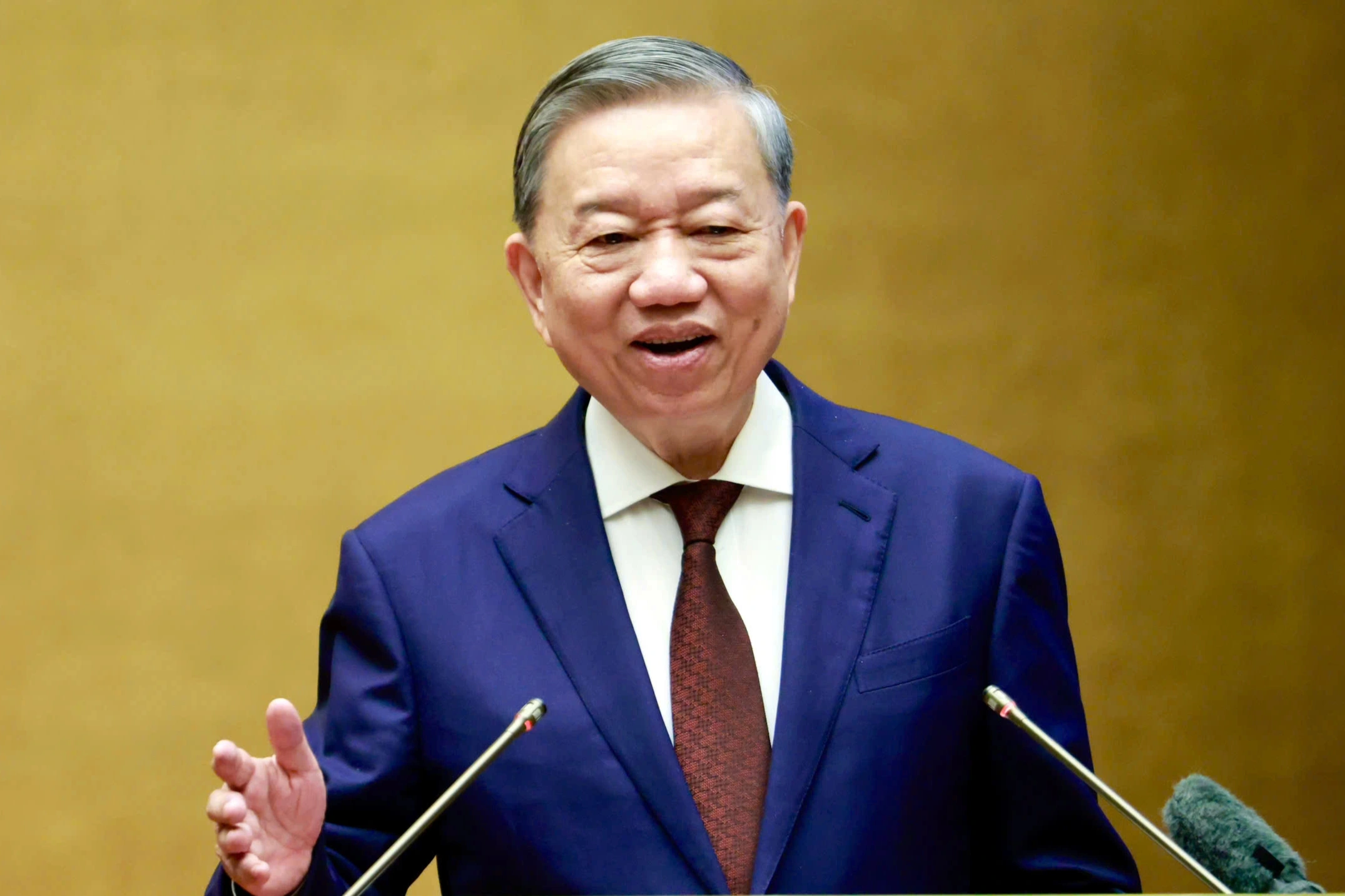

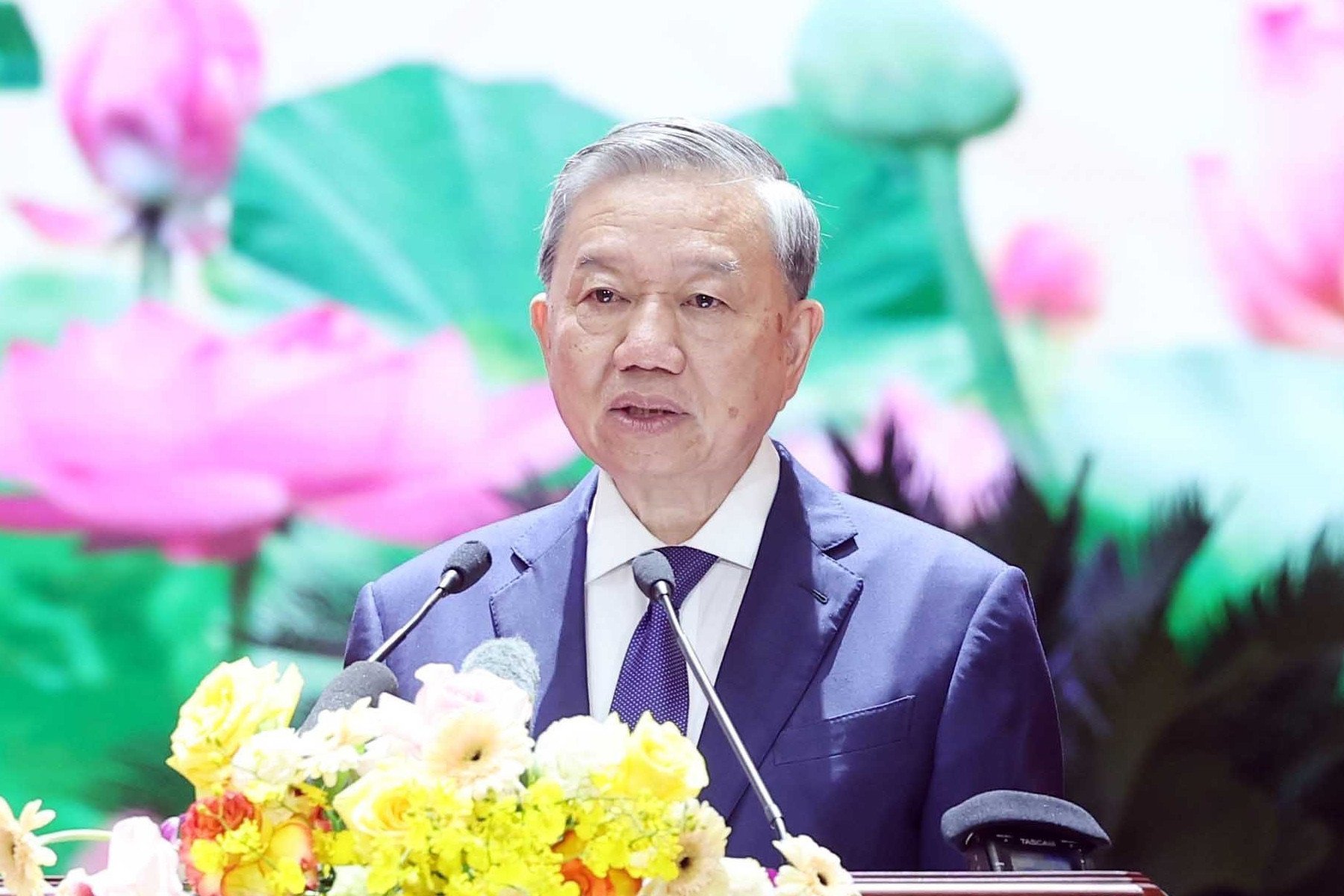

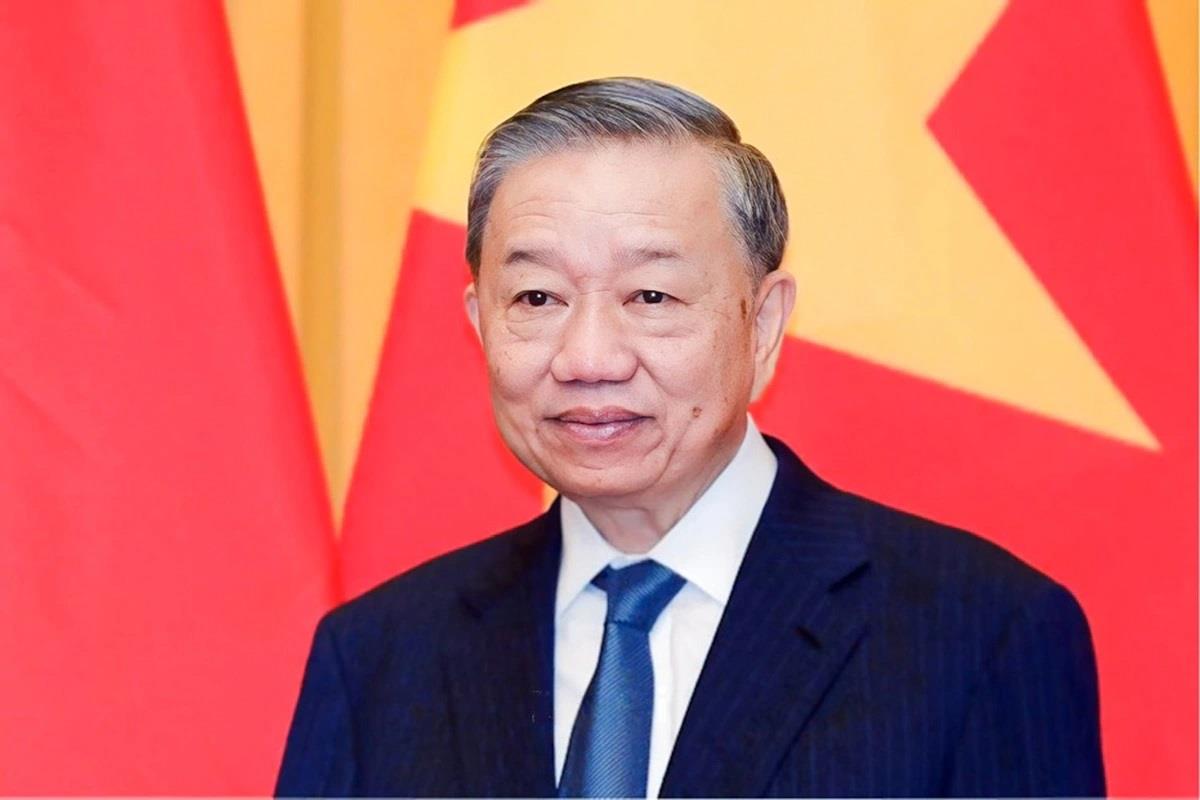
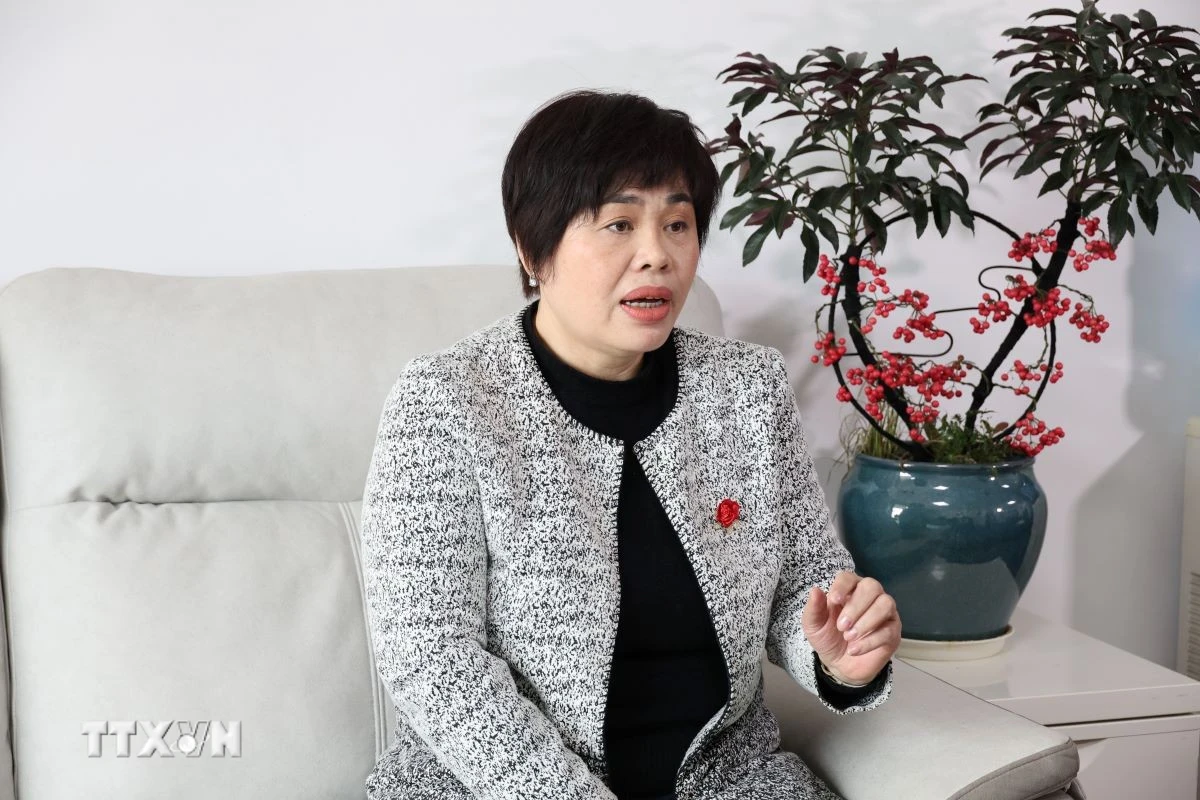


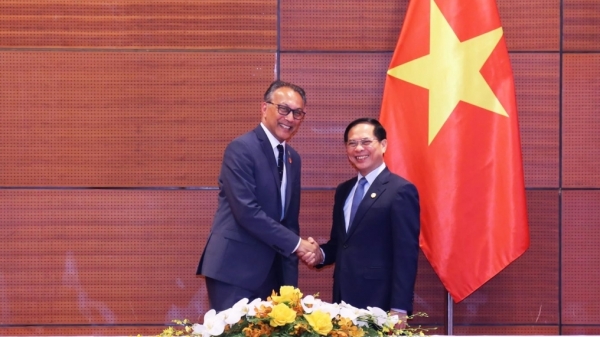
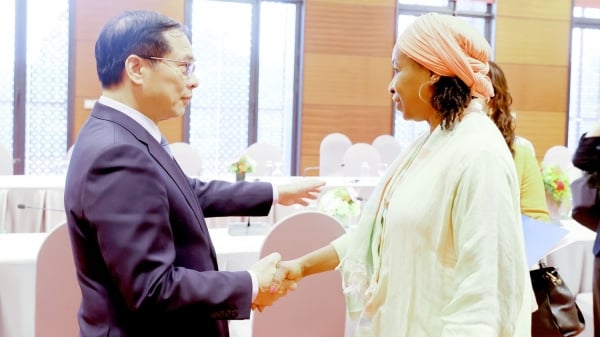
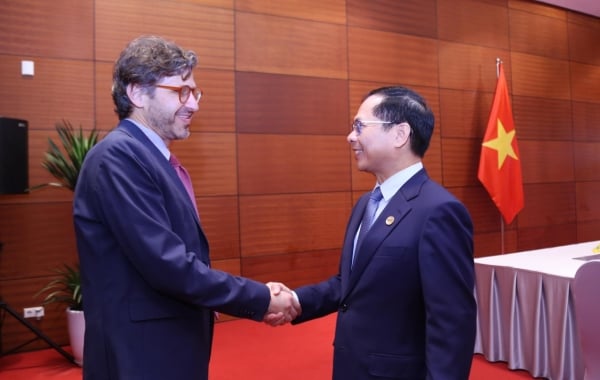
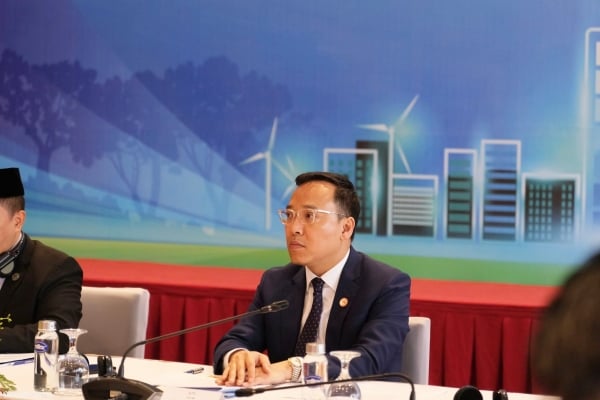





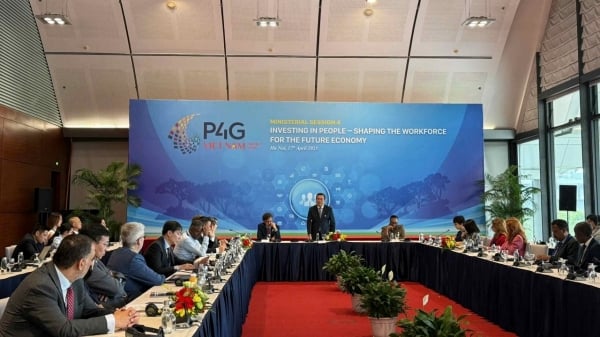


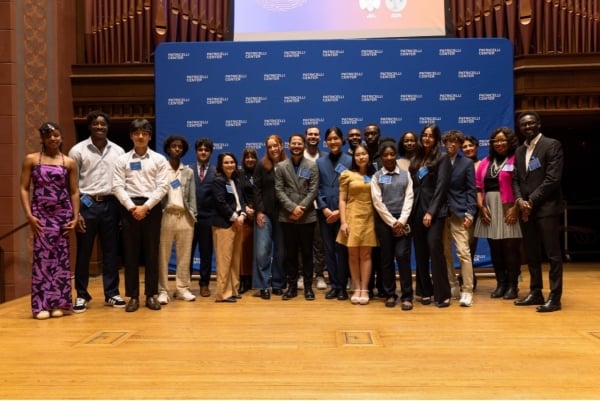
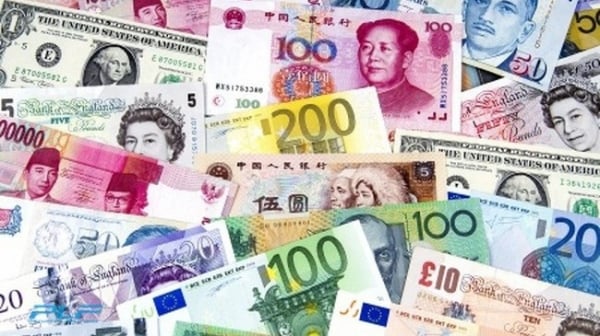



























![[Video] Viettel officially puts into operation the largest submarine optical cable line in Vietnam](https://vstatic.vietnam.vn/vietnam/resource/IMAGE/2025/4/17/f19008c6010c4a538cc422cb791ca0a1)














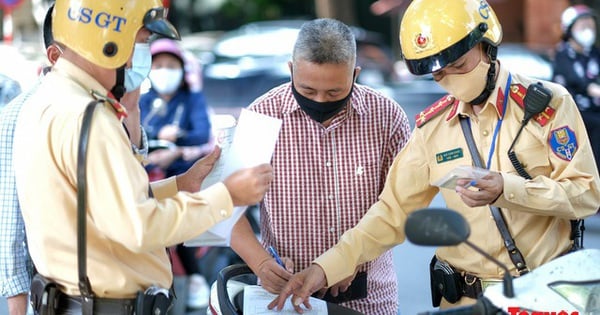
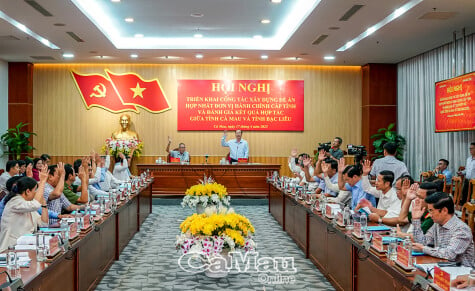



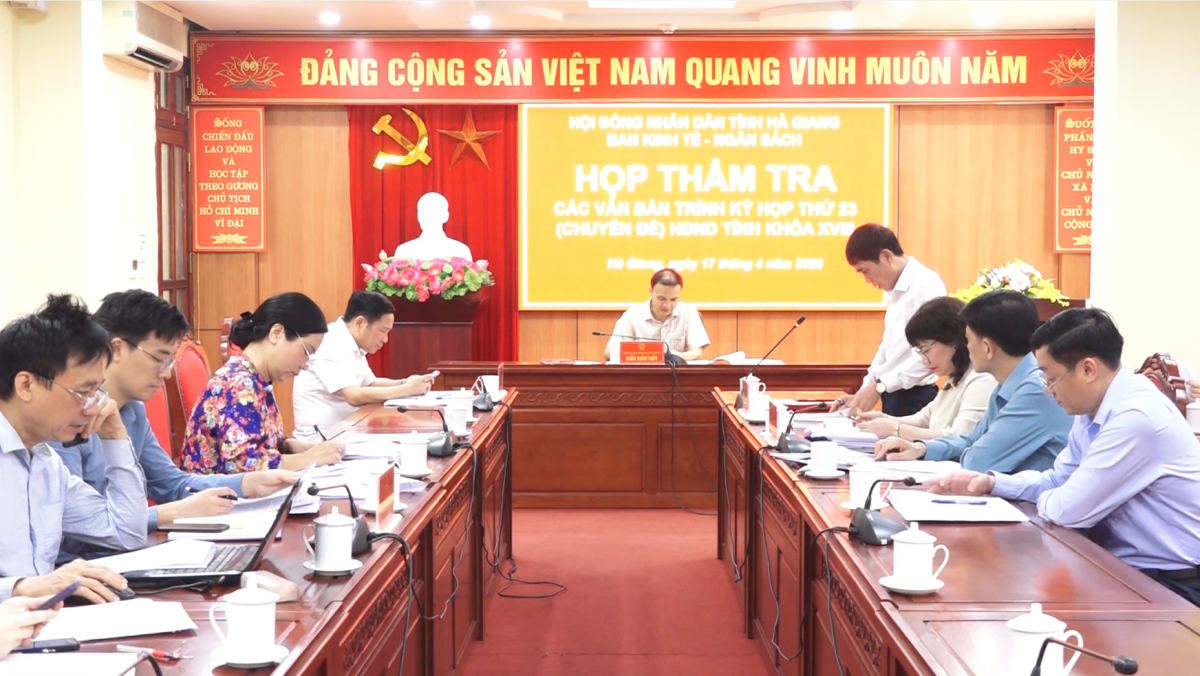
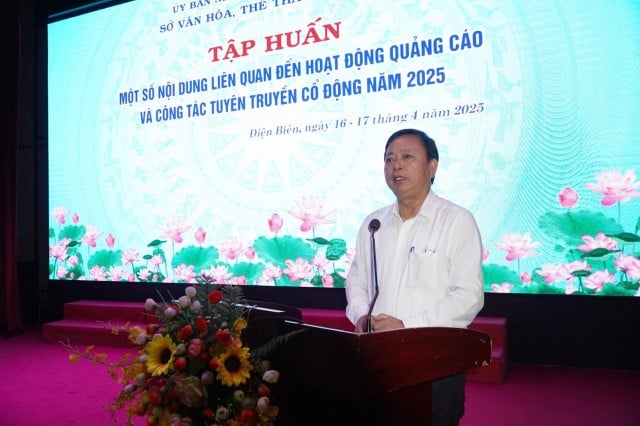
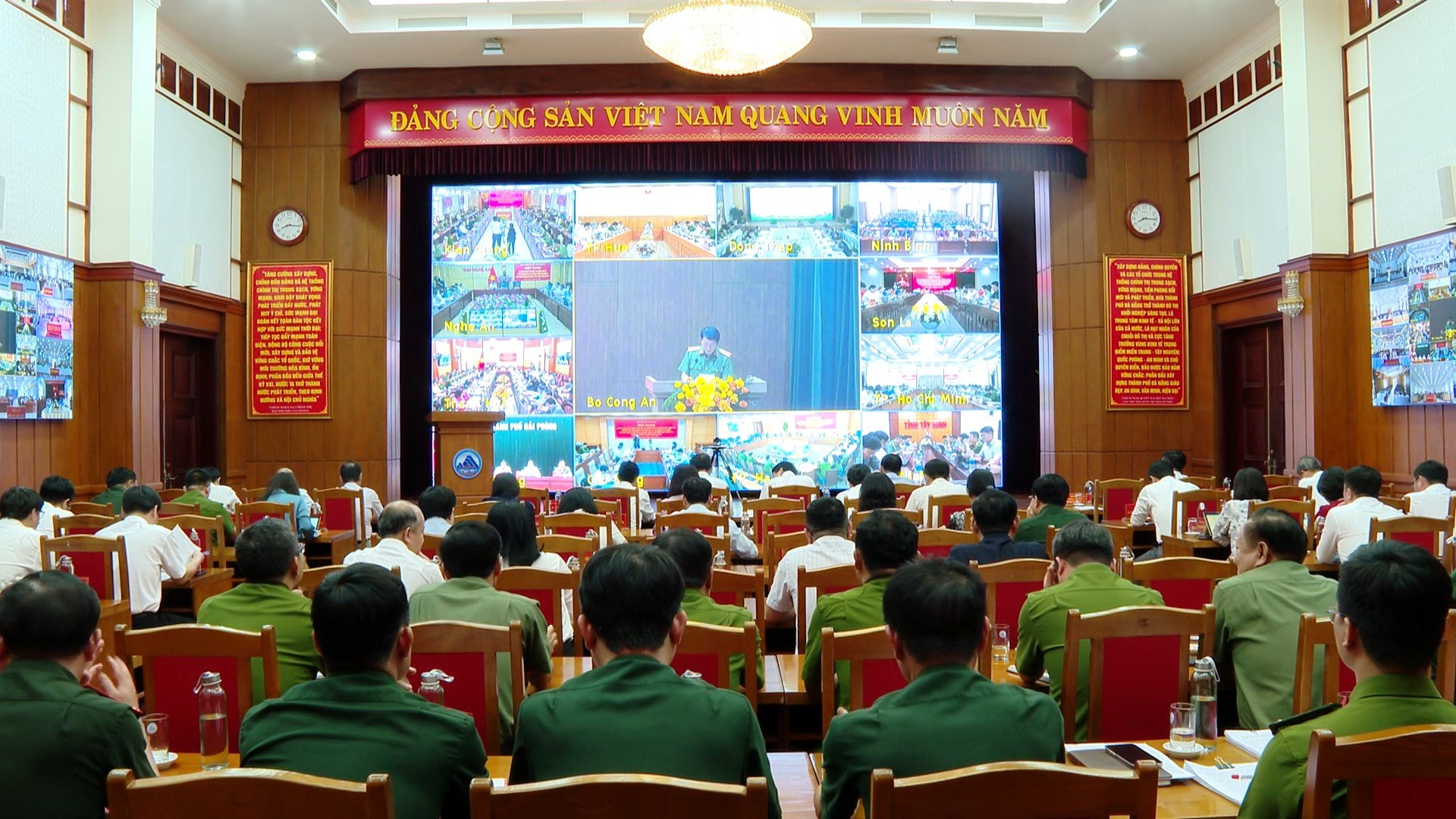
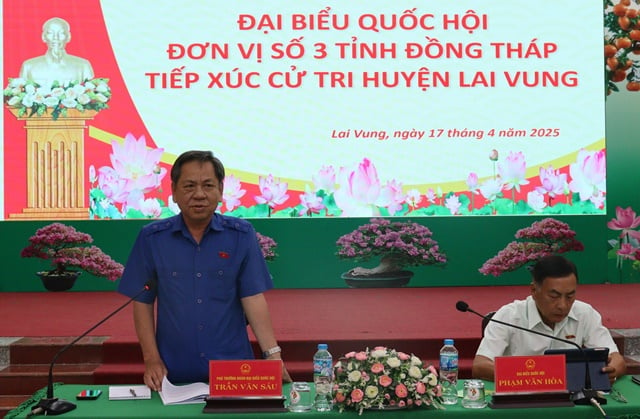










Comment (0)